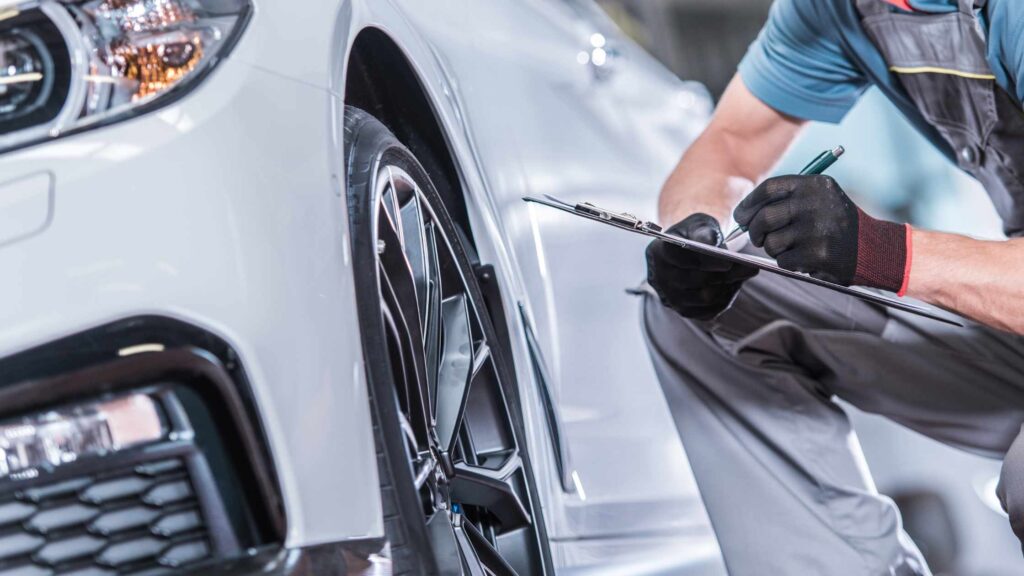Introduction
Biometric technology is no longer limited to high-security applications or sci-fi movies. It has made its way into the automotive industry, revolutionizing the way we interact with our cars. From fingerprint scans to face recognition, biometrics is transforming the way we access and secure our vehicles. In this article, we will delve into the various biometric technologies used in cars today and explore their benefits and implications.
Fingerprint Scans: Unlocking Your Car with a Touch
Fingerprint scanning technology has gained significant popularity in recent years, thanks to its accuracy and convenience. Imagine being able to unlock your car simply by placing your finger on a sensor. This futuristic technology eliminates the need for car keys or key fobs, providing a seamless and secure access experience.
By scanning your unique fingerprint, your car can instantly recognize you as the authorized driver and unlock the doors. This not only adds an extra layer of security but also saves you the hassle of searching for keys in your bag or pockets.
Face Recognition: A Window to Your Car
Face recognition technology takes biometrics to the next level. By analyzing unique facial features, such as the shape of your eyes, nose, and mouth, your car can verify your identity and grant access. This technology offers a hands-free approach to unlocking your car, making it even more convenient.
With face recognition, you can simply approach your car, and it will automatically detect and authenticate you as the authorized driver. This feature not only enhances convenience but also ensures that only authorized individuals can access the vehicle.
Voice Recognition: Your Car, Your Voice
Voice recognition technology has become increasingly prevalent in the automotive industry. From adjusting the temperature to playing your favorite music, voice commands allow you to control various features of your car effortlessly. By analyzing the unique characteristics of your voice, your car can accurately interpret your commands.
This technology allows for a more natural and intuitive driving experience, minimizing distractions caused by manually operating different functions. Voice recognition technology also enhances accessibility, making it easier for drivers with mobility impairments to interact with their vehicles.
Multimodal Biometrics: Combining Technologies for Enhanced Security
Multimodal biometrics refer to the fusion of multiple biometric technologies for heightened security. By combining fingerprint scans, face recognition, and voice recognition, cars can ensure a higher level of authentication, reducing the risk of unauthorized access.
For instance, a car equipped with multimodal biometrics may require both fingerprint and face recognition for entry. This multi-layered approach significantly enhances security by making it more challenging for potential intruders to bypass authentication.
Implications and Considerations
While biometric technology in cars brings numerous benefits, it also raises some concerns and considerations. Privacy is one of the significant concerns, as biometric data is highly sensitive and personal. It is crucial for car manufacturers to implement robust security measures to protect this data from unauthorized access or misuse.
Another consideration is the reliability and accuracy of biometric systems. These technologies heavily rely on accurate recognition and authentication, and any errors or false positives can be frustrating for the user. Therefore, it is essential for car manufacturers to continually improve and refine these systems to provide seamless and reliable user experiences.
Summary
Biometric technology has brought about a paradigm shift in the automotive industry. From fingerprint scans to face recognition and voice commands, cars equipped with biometric features offer enhanced security, convenience, and accessibility. By leveraging the uniqueness of human traits, these technologies provide a seamless and personalized user experience. However, it is crucial for car manufacturers to address privacy concerns and ensure the reliability and accuracy of these systems. Embracing biometric technology in cars paves the way for a future of safer and more user-friendly vehicles.







